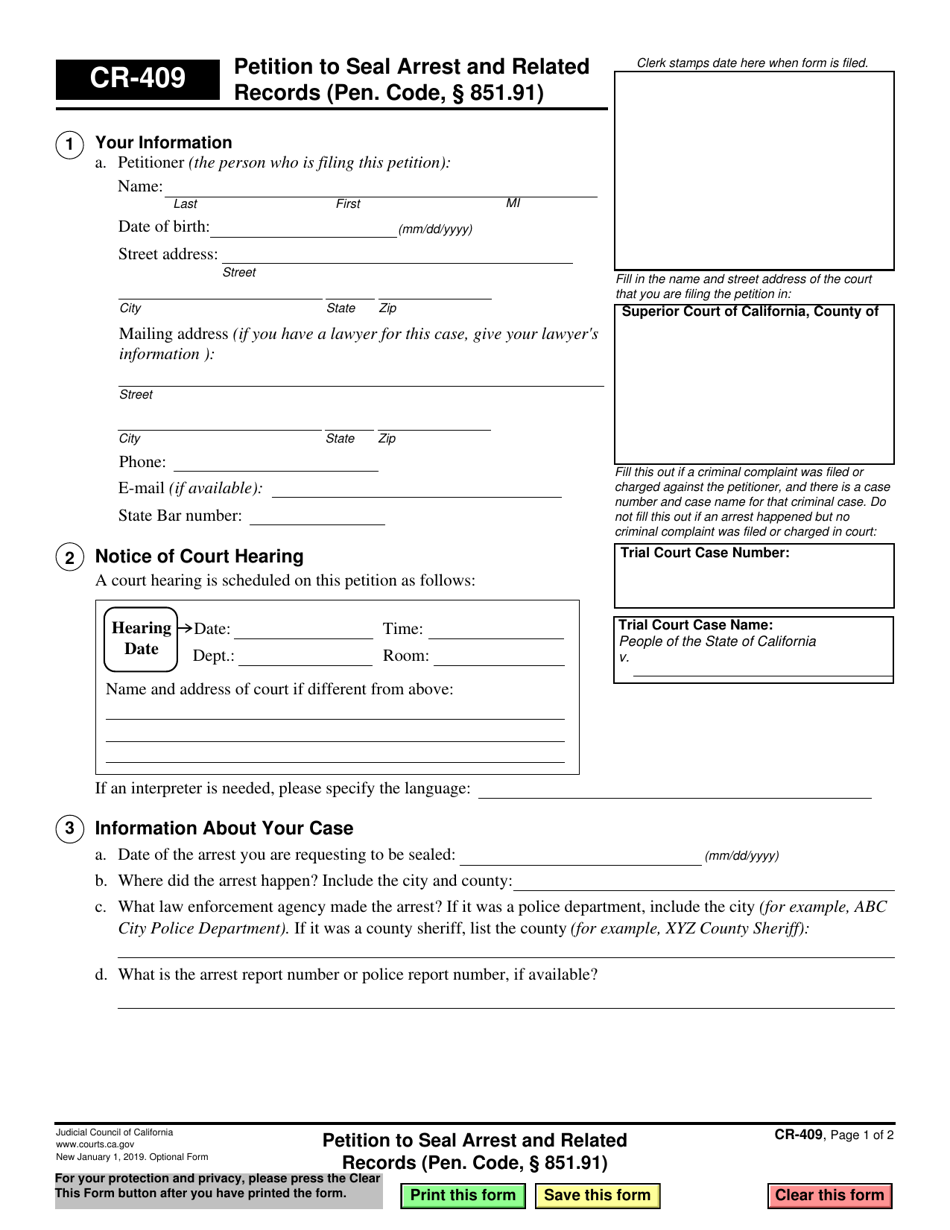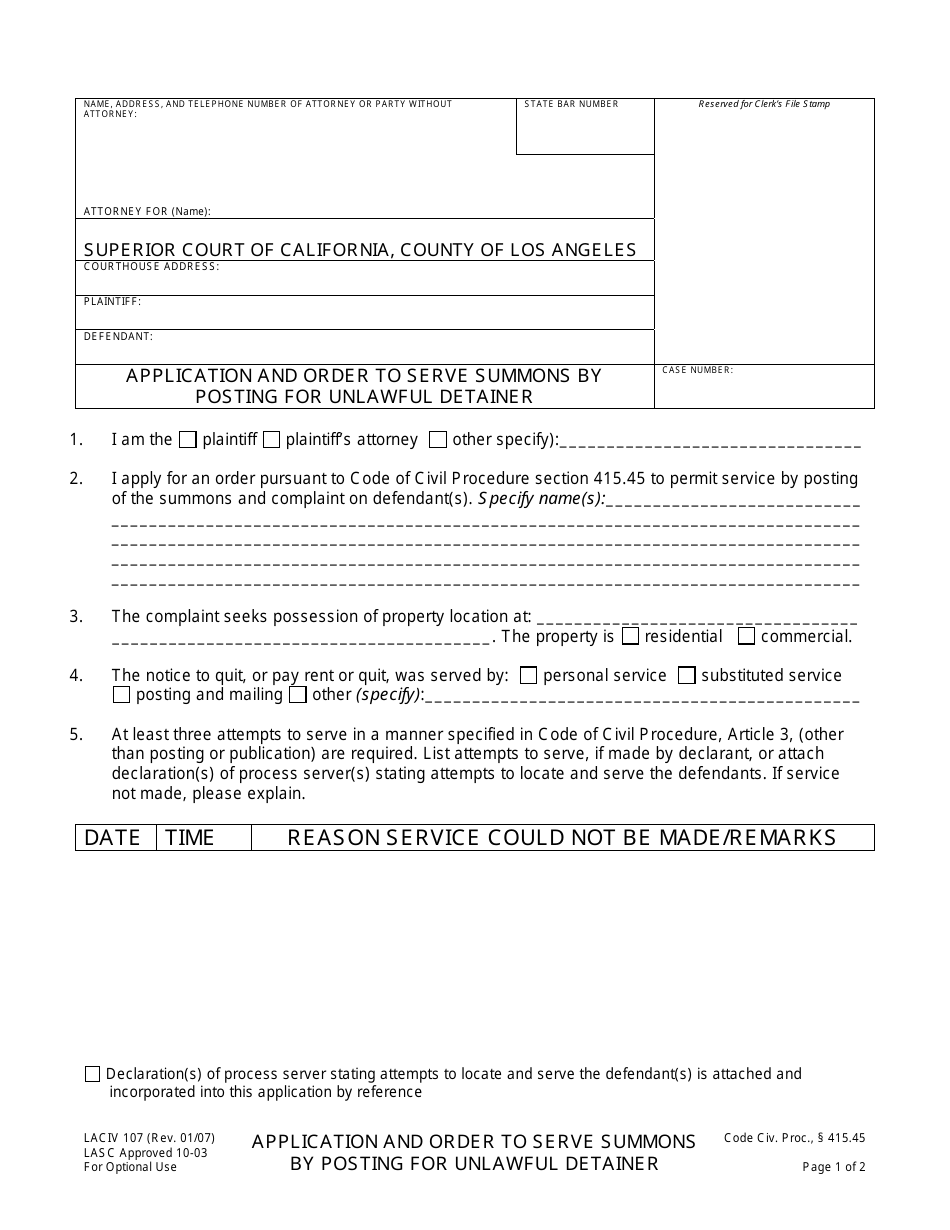
Then, the court also has to have jurisdiction over how much money you want.
#California law filed documents must be served within code
Check the California Code of Civil Procedure. In general, you have to file your lawsuit where the injury happened, or where the contract was supposed to happen, or where the defendant lives.

This means that the court has the right to hear and decide a case for the person you are suing. The court has to have "jurisdiction" over the defendant. Jurisdiction can mean more than one thing. There are a lot of things to think when you decide where to file your Complaint.

A Civil Coversheet tells the court about the type of case you are filing. A Complaint is a form that says how the person was hurt, who hurt them and how much the damages are. A Summons is a notice that says there is a lawsuit.

Read Before You File Your Case on the California Courts website.Ī general civil lawsuit starts when the plaintiff files 3 forms. The court will not review your case to determine if your case is filed on time, but once it has been discovered that you should not have filed, the other party may have your case dismissed and you will not have the cost of your case refunded and the other party may request you to pay their costs. You have to check the time limit yourself. For example, if you are in a car crash, you generally have 2 years to file a lawsuit. If you do not file on time, you lose automatically. Many agencies have claim forms on their website.Įven more important are time limits called "statute of limitations." These statutes, or laws, say when you can file your action. If you do not do things on time, you may lose your right to sue the governmental agency. After you file your notice, you do not have much time to file your lawsuit. This means that before you sue a government agency you have to fill out papers that say that you are suing them. If you sue a government agency, you have to follow the laws for notice. In a complicated case, like if the same slip and fall happened on land that the county owns, but that a government agency rents, you have to figure out who was responsible for slippery ground, and follow the laws for suing the government. For example, if you slip on the floor in a supermarket, you have to figure out if the store is part of a chain or just one store, if falling was partly or totally your fault. These are hard questions to answer, even in an easy case like a slip-and-fall in a store.

If you are representing yourself, you will be held to the same standard as a lawyer - to know and follow the code and the rules of civil court cases. The information provided below does not take the place of the Code of Civil Procedure or Rules of Court. Important Advisements SELF-REPRESENTATION:Īny court case is complicated and you must follow the Code of Civil Procedure and the California Rules of Court, as well as your court’s local rules.


 0 kommentar(er)
0 kommentar(er)
